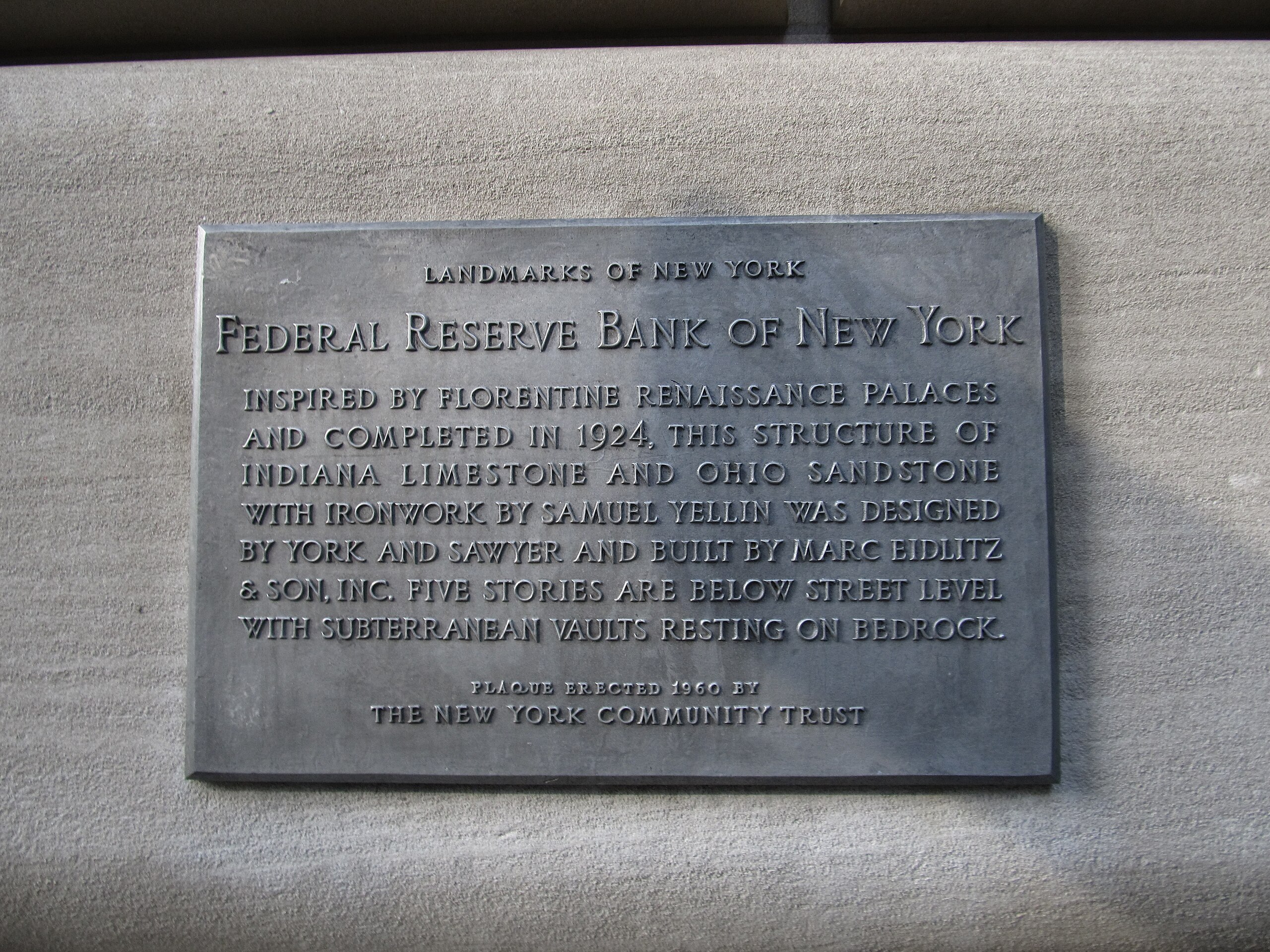A New York Federal Reserve survey released on Monday revealed worrying signs in the economy as people documented growing discontent with their pay rates and are more worried about finding work.
The survey found that 4.4% of its respondents expected to lose their current job within the next four months, which was the highest percentage on record. Also, another 11.6% of survey respondents expected to transition to a different job during this same time period.
Market Survey

This Federal Reservice Bank of New York survey published on August 19 is called the SCE Labor Market Survey of July 2024.
One of the headline takeaways from the survey is that the share of job seekers has reached its highest since 2014.
About the Survey

This survey is conducted three times per year, allowing a measure of the state of the labor economy during different seasons.
These surveys are also conducted at the same time every year, making it easier to directly compare changes that happen over a year’s time.
Job Seeking Increase

The survey noted that along with this sharp increase in jobseekers, satisfaction for those at their current jobs fell.
“The Federal Reserve Bank of New York’s Center for Microeconomic Data today released the July 2024 SCE Labor Market Survey, which shows a sharp increase in the proportion of job seekers compared to a year ago,” said the New York Fed’s press release. “Satisfaction with wage compensation as well as with nonwage benefits and promotion opportunities at respondents’ current jobs all deteriorated.”
Job Search Data

The press release noted the figure for the job-seeking increase, which was the highest since March 2014.
“The proportion of individuals who reported searching for a job in the past four weeks increased to 28.4%—the highest level since March 2014—from 19.4% in July 2023,” said the press release. “The increase was most pronounced among respondents older than age 45, those without a college degree, and those with an annual household income less than $60,000.”
Expectations for Unemployment

According to survey data, the expectation of workers becoming unemployed in the next four months reached a series high, while the likelihood of receiving a job offer in the next four months increased over last year’s numbers.
The most current unemployment data from the Bureau of Labor Statistics shows July had an unemployment rate of 4.3%, the highest it has been since October 2021.
Rate of Transition

The survey found that the number of workers transitioning between employers had increased to 7.1%, the highest rate since March 2014, and up from 5.3% last July.
According to the data, this increase in employer transitioning was driven by women.
Wage Struggles

Only 19.4% of those surveyed reported receiving at least one job offer in the past four months, and the average full-time offer wage had slightly decreased since last July.
In July 2023, the average full-time offer was $69,475. In the latest survey, it had fallen to $68,905.
Wanting More Pay

The data in the survey found that while the average wage offers had declined year-over-year, the lowest wage that a worker would accept for a new job had increased year-over-year.
However, this increase was still slightly down from a series high that the survey recorded in March 2024.
Pay Satisfaction Dropped

In terms of wages, there was a three-point percentage drop in satisfaction since 2023.
Overall satisfaction with current compensation fell to 56.7%, while satisfaction among workers possessing wages with benefits fell by 8 percentage points down to 56.3%.
Decrease In Opportunities for Promotion

The survey found that satisfaction around opportunities for promotion dropped from 53.5% last year to 44.2%.
It noted that this decrease was mostly driven by women, workers without a college degree, and those with household incomes less than $60,000.
Workers Expect to Work Longer

The survey also asked respondents to determine what age they would still be working. 48.3% of respondents thought they would work past age 62 and 34.2% said they would work past 67.
Both of these numbers had increased, with the group thinking they would work past 67 increasing by two percentage points.
